Resigning from a job is a significant moment in any career, and how you handle it can leave a lasting impression. Sending a well-crafted resignation email is not just a formality, but a crucial step in parting ways professionally.
In this article, we will discuss the importance of a goodbye email, along with tips and examples to help you write an effective resignation email. From notifying your manager to expressing gratitude, we'll cover everything you need to know to make a graceful exit.
Key Takeaways:
Communicate professionally and positively to leave a good lasting impression on your colleagues and employer.
Notify your manager in person before sending your resignation email and choose an appropriate timing for sending it.
Keep the email concise, include necessary contact information, and consider personalizing it for different recipients, such as colleagues, direct reports, or clients.
The Importance of Sending a Well-Crafted Resignation Email
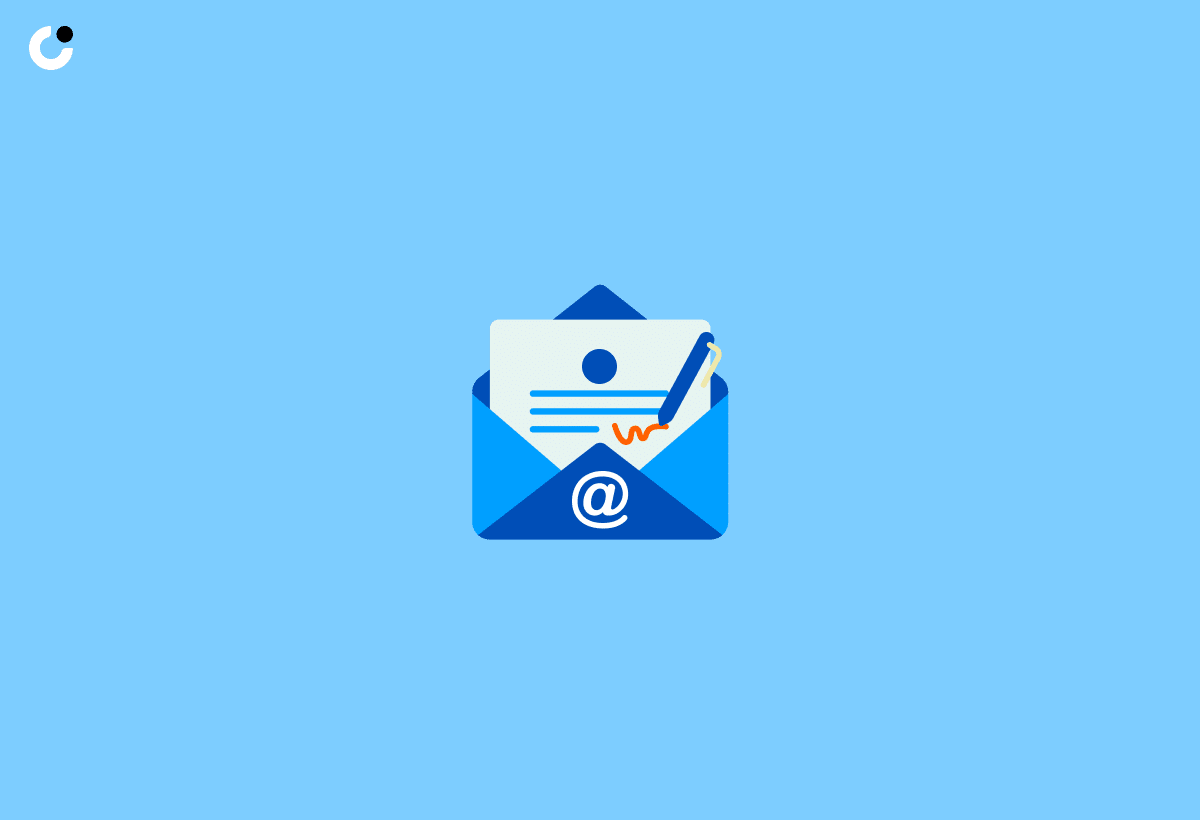
Sending a well-crafted resignation email is crucial when leaving a job, as it reflects your professionalism, gratitude towards colleagues, and sets a positive tone for your future endeavors.
Regarding writing a farewell email, it's essential to keep it concise yet heartfelt. Begin by thanking your team for their support and collaboration throughout your tenure. Express your appreciation for the opportunities and experiences gained while working at the company. Offer your contact information in case anyone wishes to stay in touch post your departure. It's also advisable to mention key details regarding the transition and any ongoing projects you are involved in to ensure a smooth handover process.
Why a Goodbye Email Matters
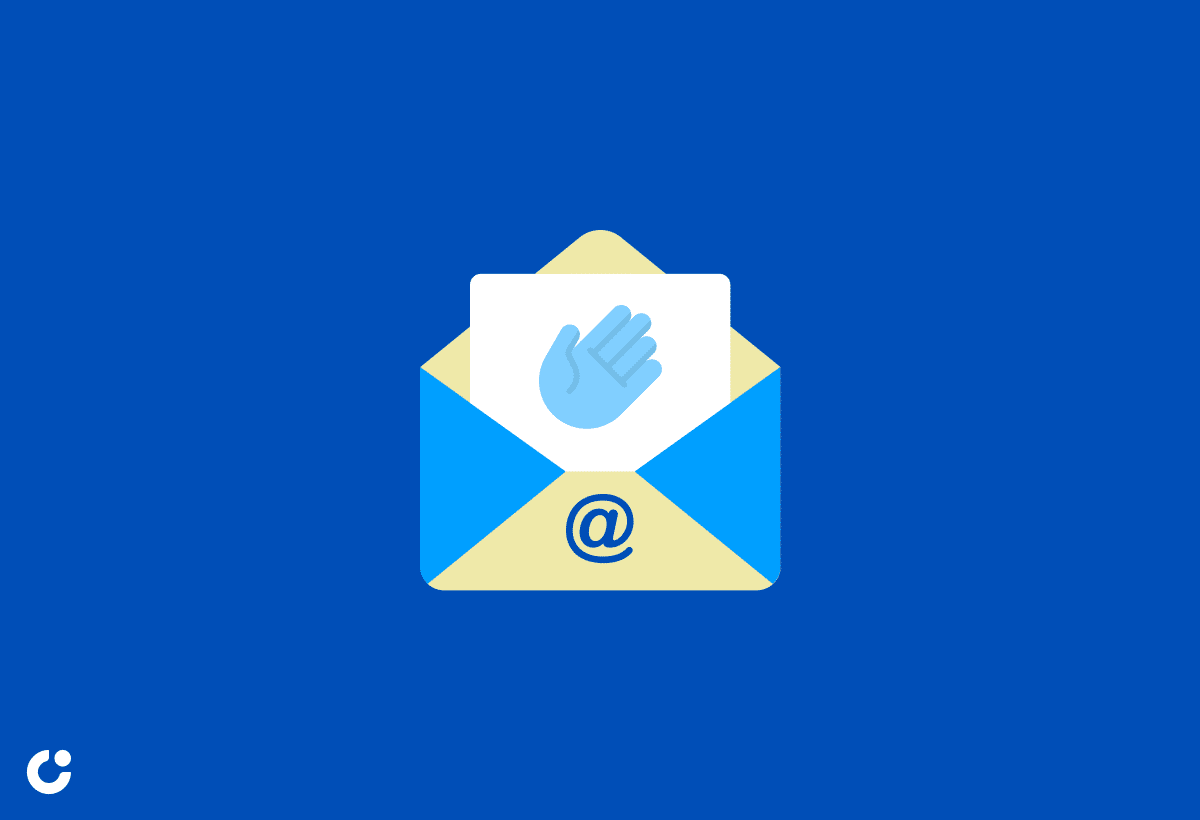
A well-crafted goodbye email holds immense importance when departing from a company. It ensures a respectful farewell, nurtures professional relationships, and reflects your appreciation for the experiences gained.
Sending a goodbye email shows your colleagues and supervisors that you value the time spent together and the connections made during your tenure. It helps in leaving a positive impression, which can be beneficial for future networking and recommendations. Such a thoughtful gesture demonstrates your professionalism and commitment to maintaining cordial relationships even after you have left the organization. By expressing gratitude in the email, you convey sincerity and respect, reinforcing your reputation as a gracious and appreciative individual.
Tips for Writing an Effective Resignation Email
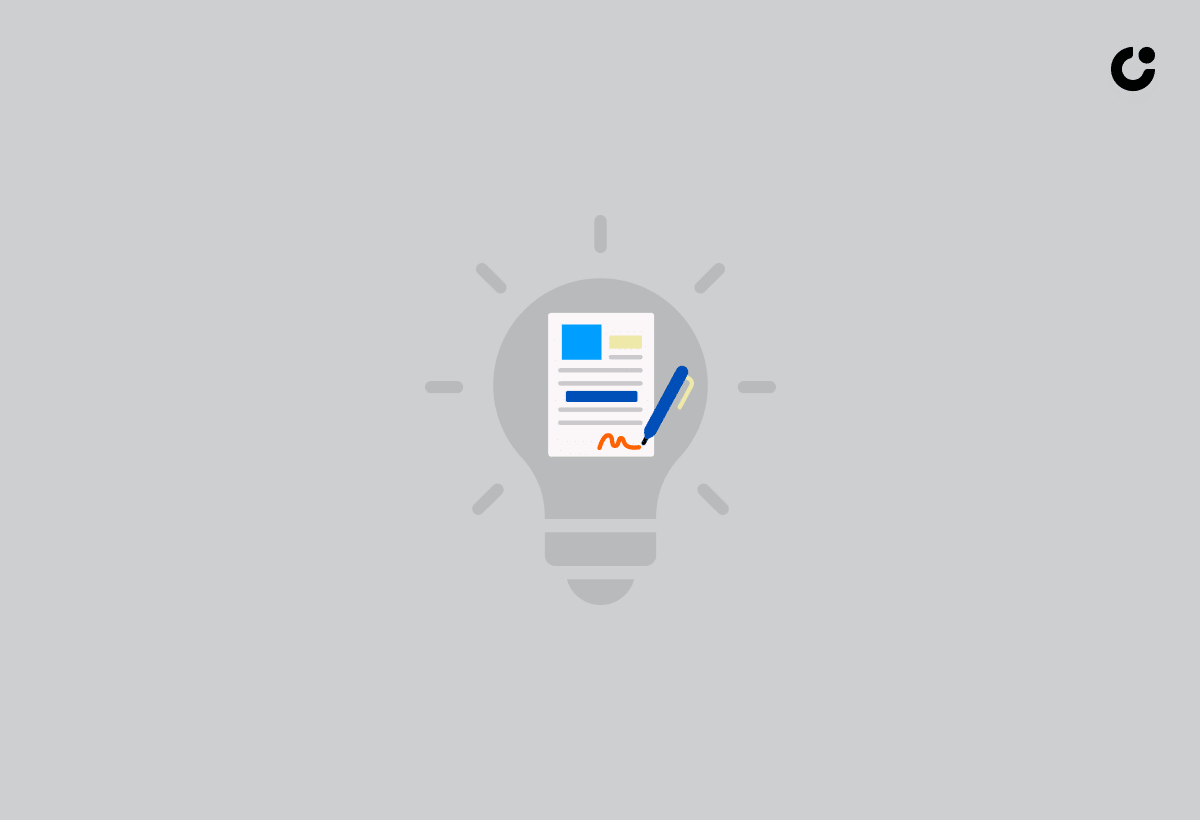
Crafting an effective resignation email requires attention to detail, a professional tone, and thoughtful communication to leave a lasting positive impression as one transitions to new opportunities.
When composing your resignation email, start with a clear subject line that indicates the purpose, such as 'Resignation - Your Name.'
Begin with a cordial opening expressing gratitude for the experience gained while working at the company. Use clear and concise language to communicate your decision and provide a brief explanation if necessary.
Remember to include your last working day, ensuring a smooth transition. Conclude with well wishes for the future and an offer to assist during the transition period.
Notify Your Manager First

Before sending a goodbye email to your colleagues, it is essential to notify your manager first about your decision to leave, showing respect and professionalism in the transition process.
This step is crucial as your manager must be informed before anyone else to ensure a smooth transition and maintain a positive relationship. It is a common courtesy to inform them personally or through a meeting to discuss your departure formally.
By informing your manager first, you also give them the opportunity to plan for your replacement or reassign your tasks. They may require your assistance in transitioning your work to another team member.
Make sure to provide your manager with all necessary contact information for future correspondence and offer to assist in any knowledge transfer or training required for your successor to take over smoothly.
Timing: Sending the Email Before Your Departure

Timing plays a critical role in sending a resignation email; it is advisable to notify your colleagues and superiors well in advance of your departure date to facilitate a smooth transition and maintain professional relationships.
Sending a timely goodbye email not only demonstrates your respect for the company but also allows ample time for your tasks to be reassigned and any pending projects to be handed over smoothly. Etiquette-wise, giving early notification reflects positively on your professionalism and ensures that your departure is managed with grace. Clear and concise communication in your farewell message can help alleviate any confusion and provide closure both for you and your coworkers.
Crafting a Compelling Subject Line

The subject line of the resignation email acts as the initial impression on the recipients, shaping their initial perception before looking into the content. Crafting a subject line that is coherent, professional, and emanates a positive undertone becomes pivotal in establishing the right ambiance for the ensuing conversation.
When bidding farewell in professional settings, maintaining a sense of decorum and optimism is invaluable. Opt for succinct yet warm language that signifies gratitude and professionalism. Including keywords like 'farewell,' 'transition,' or 'new beginnings' can aid in conveying the core message swiftly. Utilizing the recipient's name can add a personal touch, enhancing the connection and making them more inclined to engage with the email.
Expressing Gratitude and Positivity

Expressing genuine gratitude and maintaining a positive attitude in your resignation email can leave a lasting impact on your professional relationships and showcase your appreciation for the opportunities and experiences gained.
When composing your farewell message, consider mentioning specific instances or projects that you cherished during your time with the organization. This not only emphasizes your gratitude but also highlights the meaningful contributions you made. Remember to express your willingness to stay connected and offer your support even after your departure as this can strengthen your network further. Ensure that your tone is sincere and reflective of the positive experiences you had, leaving behind a sense of goodwill and goodwill within your professional circle.
Including Contact Information for Future Communication

Providing comprehensive contact information in your resignation email ensures that your colleagues and professional network can stay connected with you post-departure, facilitating future communication and networking opportunities.
Include key personal contact details such as your personal email address and phone number, making it easy for them to reach out to you directly. Additionally, link your LinkedIn profile in the email to maintain professional connections. It's important to offer alternative means of contact, like mentioning your secondary email or providing a preferred messaging platform for quick communication. By being accessible, you demonstrate openness to future collaboration and the strengthening of relationships beyond the workplace.
Keeping the Email Concise and Professional
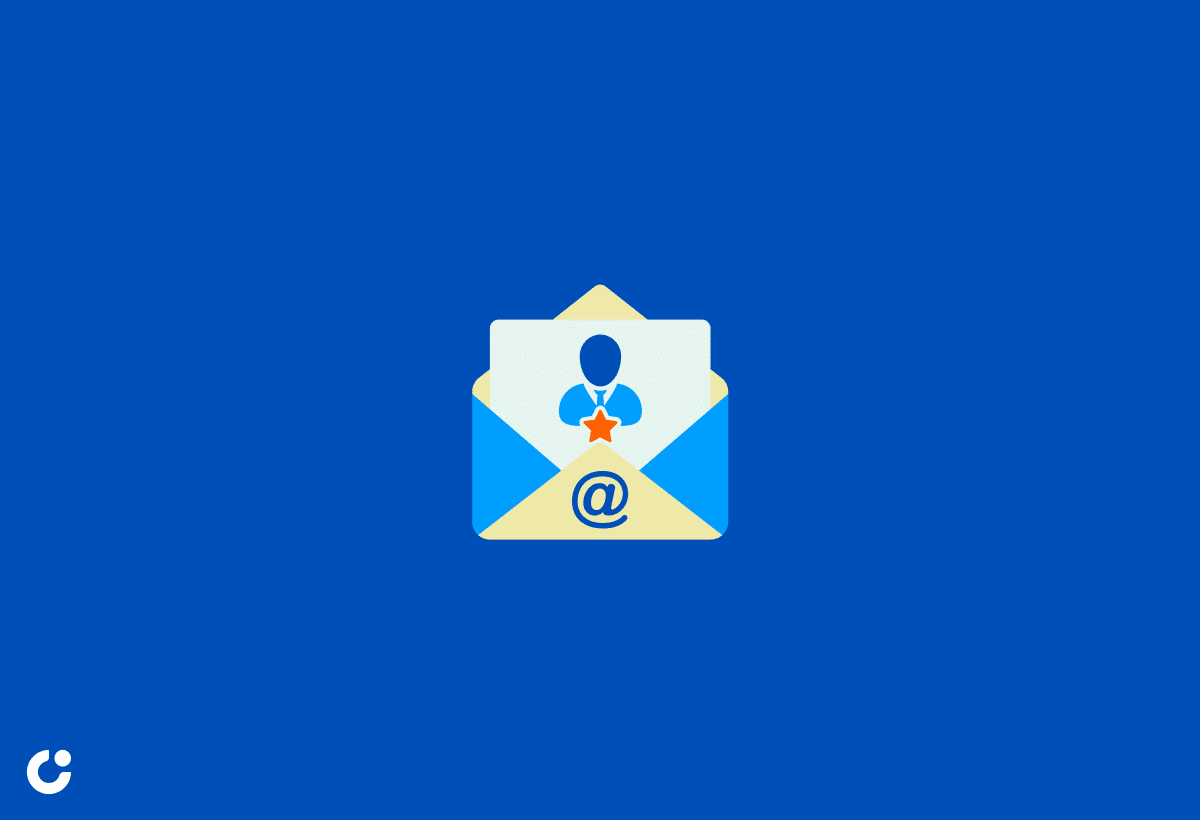
Maintaining a balance of professionalism and conciseness in your resignation email is key to conveying your message effectively, ensuring clarity, and upholding a respectful tone as you bid farewell to your colleagues.
By keeping your email succinct and to the point, you demonstrate consideration for your former coworkers' time and show that you respect the formal nature of the communication. It's advisable to express gratitude for the opportunities and experiences, highlighting positive moments shared with the team. Striking a balance between gratitude and forward-looking optimism can leave a lasting positive impression. Remember that tone is paramount; use language that is gracious, appreciative, and avoid negative sentiments. Ending your email with well wishes for the future can leave a warm and professional final note.
Examples of Well-Written Resignation Emails
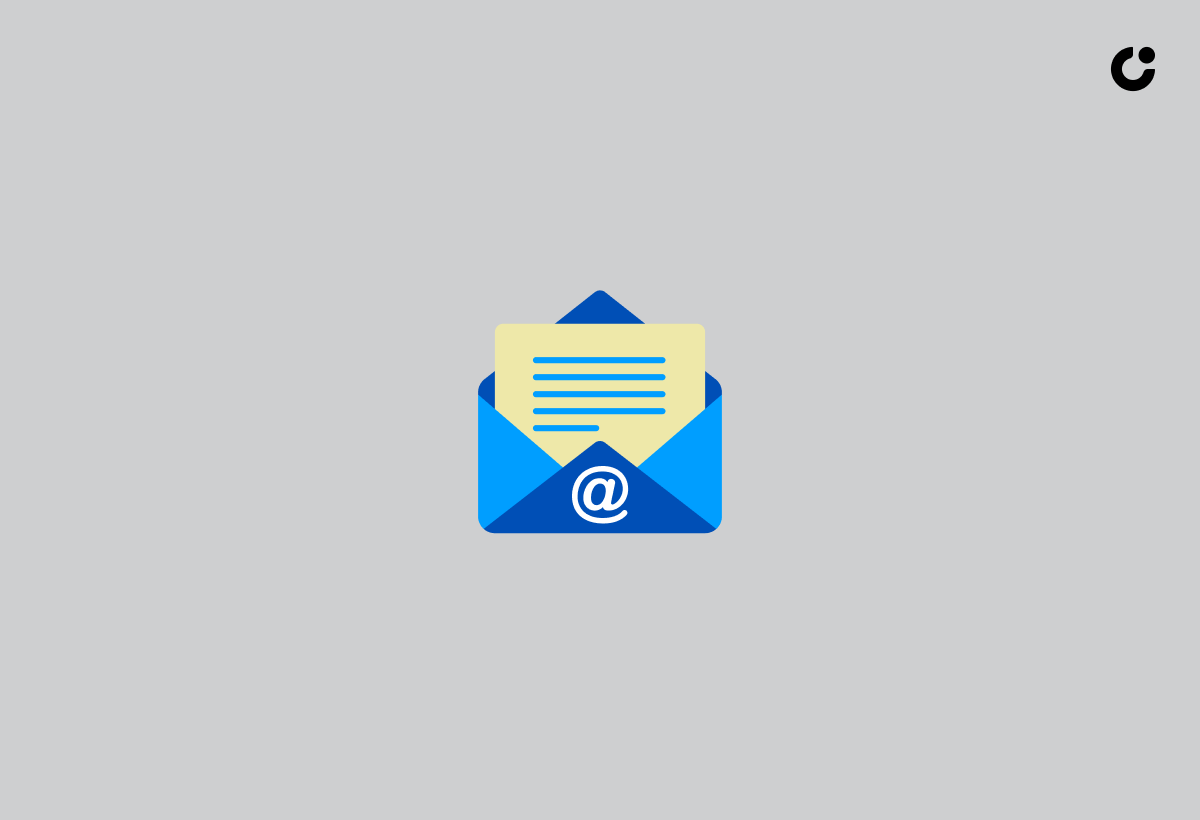
Well-written resignation email examples can serve as valuable templates to guide you in crafting your own farewell message, offering inspiration and structure for effectively communicating your departure.
For instance, when resigning from a colleague, the tone can be more casual and friendly, thanking them for the collaboration.
Conversely, when addressing a manager, the email should reflect professionalism and gratitude for the opportunities provided. For guidance on writing a good resignation email, you can refer to this reputed source.
When informing clients, it is essential to assure them of a smooth transition and provide necessary contact details. For tips on how to write a good resignation email, check out this reputed source.
For a company-wide announcement, clarity and respect for confidentiality are key.
Remember to include your contact information for job references and professional network connections, and consider updating your LinkedIn profile accordingly.
Farewell Message to Close Colleagues

Crafting a heartfelt farewell message to your close colleagues can strengthen your personal relationships, express gratitude for shared experiences, and pave the way for future connections outside the workplace.
It's essential to reflect on the unforgettable moments you've shared, the challenges you've overcome together, and the laughter that echoed through the office walls. Personal email addresses exchanged are more than just contact information; they're a gateway to sustaining those connections beyond office hours. Expressing sincere appreciation for the support received and the lessons learned during your time together can leave a lasting impact. Remember to acknowledge the individual strengths and contributions each colleague brought to the team dynamic, as it highlights the value of relationship building.
Saying Goodbye to Your Immediate Team or Direct Reports

Sending a thoughtful goodbye email to your immediate team or direct reports shows appreciation for their collaboration, acknowledges their contributions, and reinforces a positive professional image as you transition to new opportunities.
Reminisce about the successful projects you've accomplished together, highlighting the collective effort that led to those achievements. Express your confidence in their ability to continue excelling. Emphasize the impact of teamwork and how it has shaped your professional journey.
Encourage them to stay connected beyond the workplace, fostering lasting relationships. Share your excitement for their future endeavors and express gratitude for the invaluable experiences shared.
Convey your belief in their ongoing success and the importance of maintaining professional connections even after moving on.
Resignation Email to Your Boss or Manager
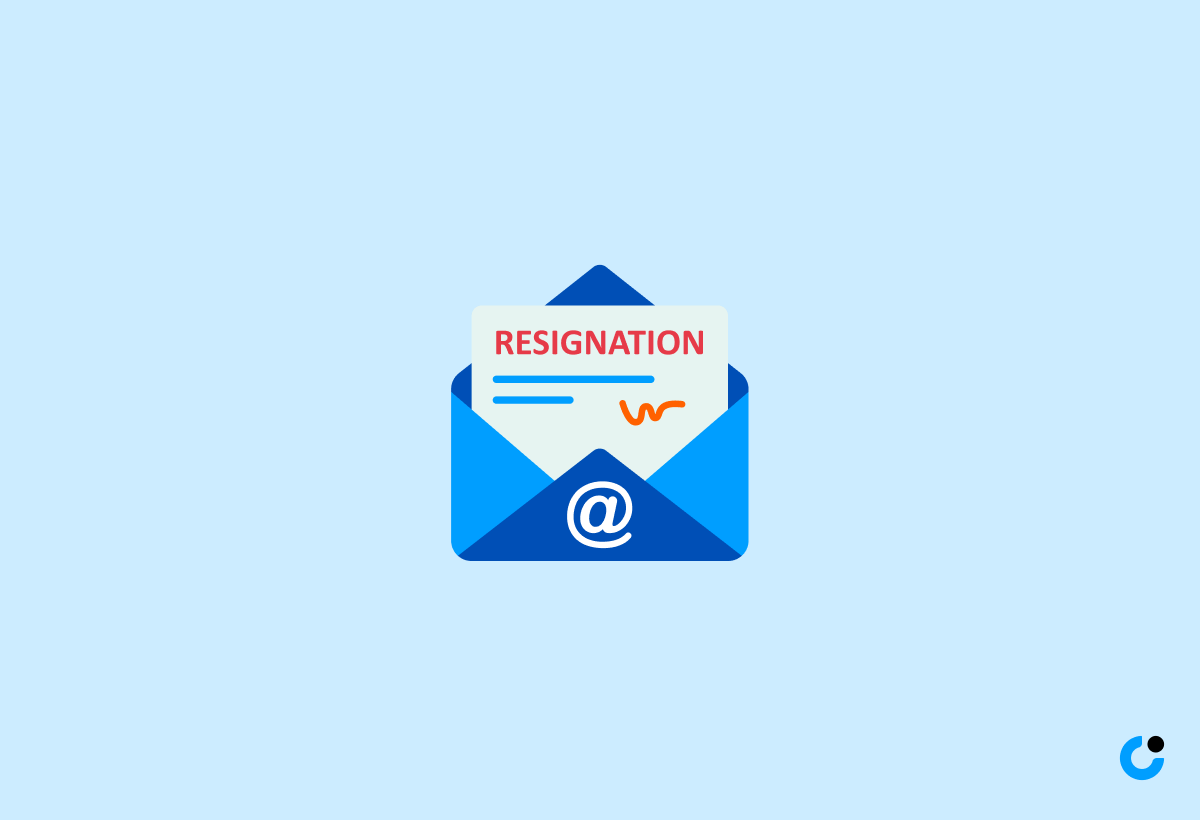
When sending a resignation email to your boss or manager, it is essential to convey respect, gratitude for their leadership, and professionalism in your decision to move on to new opportunities.
Begin your email with a courteous greeting like 'Dear [Boss's Name],' followed by a succinct and clear statement of your intention to resign from your position, specifying your last working day.
Express appreciation for the learning experiences and growth you gained during your time at the company. Highlight specific skills or knowledge you acquired that were valuable.
Ensure to offer assistance in the transition period and mention your willingness to train your replacement or provide support after leaving.
Email to the CEO or Founder

Addressing a farewell email to the CEO or founder of the company requires a tone of appreciation for their vision, leadership, and the opportunities provided during your tenure, reflecting professionalism and gratitude.
It is crucial to express gratitude for the guidance and mentorship received, which has undoubtedly influenced your professional growth.
Highlighting the achievements accomplished under their direction and the impact of their strategic decisions can help convey the profound influence they have had on the organization's success.
Acknowledging the inclusive work culture fostered by their leadership and the meaningful connections established during your time with the company adds a personal touch to the farewell message.
Expressing a commitment to maintaining professional relationships beyond your departure can further solidify your network within the industry.
Sample Resignation Email to Clients, Vendors, or Third-Party Contacts

Sending a professional resignation email to clients, vendors, or third-party contacts is essential to maintain business relationships, provide alternative contacts, and ensure a smooth transition post-departure.
When drafting the email, it is important to express gratitude for the opportunity to work together and provide reassurance of continued service during the transitional period. Clearly communicate the effective date of departure and include your updated contact information. Assure clients and vendors that their projects or services will not be disrupted and introduce them to the designated point of contact for ongoing support. Maintaining professionalism and offering to facilitate introductions to your professional networks can further demonstrate your commitment to a seamless handover.
Company-Wide Announcement Email
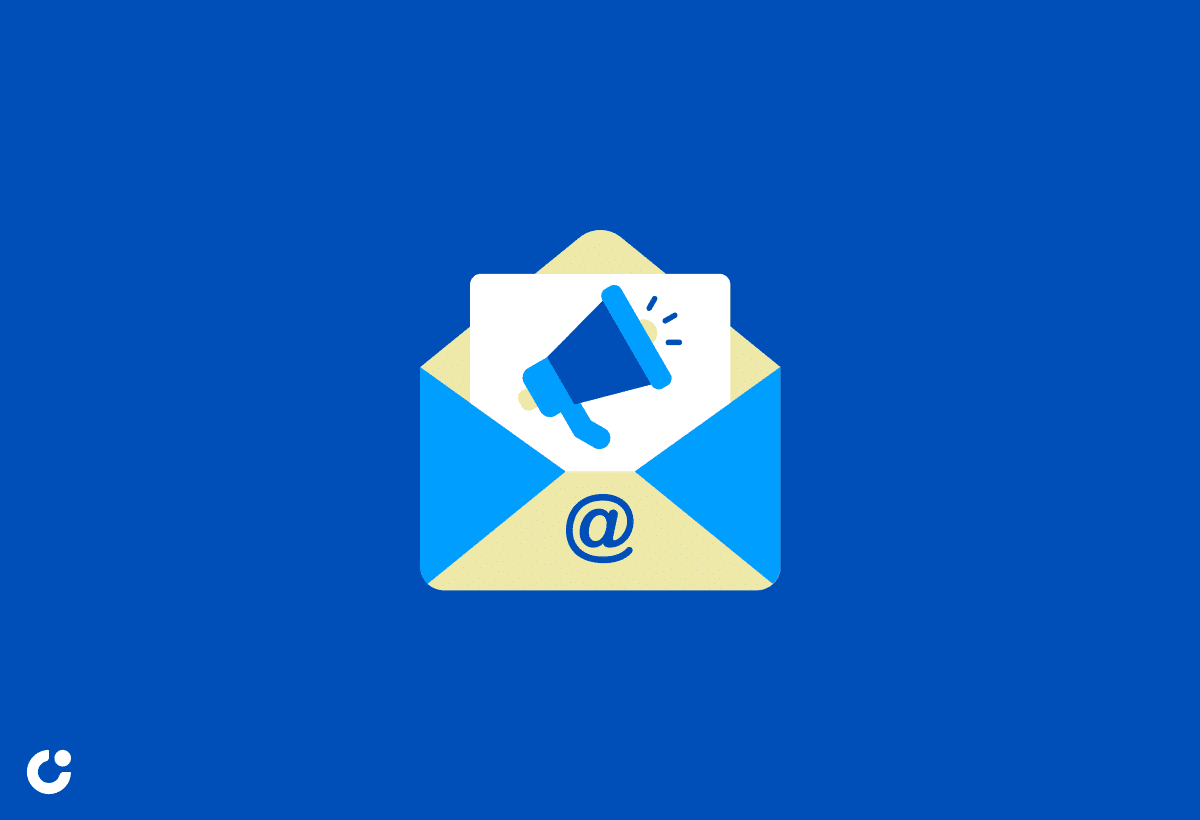
Crafting a company-wide announcement email about your departure requires a balance of professionalism, gratitude, and positive messaging to inform all stakeholders about your transition with respect and appreciation.
It is essential to communicate your departure in a way that demonstrates your professionalism and gratitude towards the team and the entire organization. When drafting this email, ensure that your tone reflects a sense of appreciation for the opportunities and experiences gained during your time with the company.
Expressing gratitude can help create a positive and respectful message that conveys your sincere thanks to everyone who has been a part of your journey. It's important to provide clear information about your transition, including key dates, responsibilities handover, and any future contact details for maintaining connections.
Conclusion and Final Thoughts on Writing a Resignation Email

Writing a well-crafted resignation email is a crucial step in leaving a job gracefully, expressing gratitude, and maintaining positive relationships within your professional network as you embark on new opportunities.
When crafting your farewell email, remember to personalize your message to express genuine appreciation for your colleagues and the experiences shared. It is important to keep the tone of your email positive and professional, acknowledging the contributions of others and emphasizing the valuable connections made during your time at the company. Include a warm farewell message, offer to stay connected outside the workplace, and express your willingness to assist with the transition process. By showing gratitude and leaving on a positive note, you leave a lasting impression and uphold your reputation as a respectful and professional colleague.
Frequently Asked Questions
What is the purpose of a resignation email?
The purpose of a resignation email is to formally inform your employer that you will be leaving your job. It is a professional way to communicate your decision and ensure a smooth transition for both parties.
When should I send my resignation email?
Ideally, you should send your resignation email at least two weeks before your last day of work. This gives your employer enough time to make necessary arrangements and find a replacement if needed.
What should I include in my resignation email?
Your resignation email should include a formal statement of resignation, your last day of work, and a brief thank you to your employer and colleagues. You can also mention your reason for leaving, but it is not required.
How should I address my resignation email?
When addressing your resignation email, it is important to use a respectful and professional tone. Address it to your immediate supervisor and copy HR if necessary. You can also address it to the entire team if you have a close working relationship with them.
Is it necessary to give a reason for my resignation?
While you are not obligated to give a reason for your resignation, it is considered courteous to provide a brief explanation. This can help your employer understand your decision and provide valuable feedback for the company.
What should I avoid including in my resignation email?
It is best to avoid any negative or critical comments in your resignation email. Keep the tone positive and professional, and refrain from burning bridges by expressing any grievances or complaints. Remember, you want to maintain a good relationship for potential future references.

